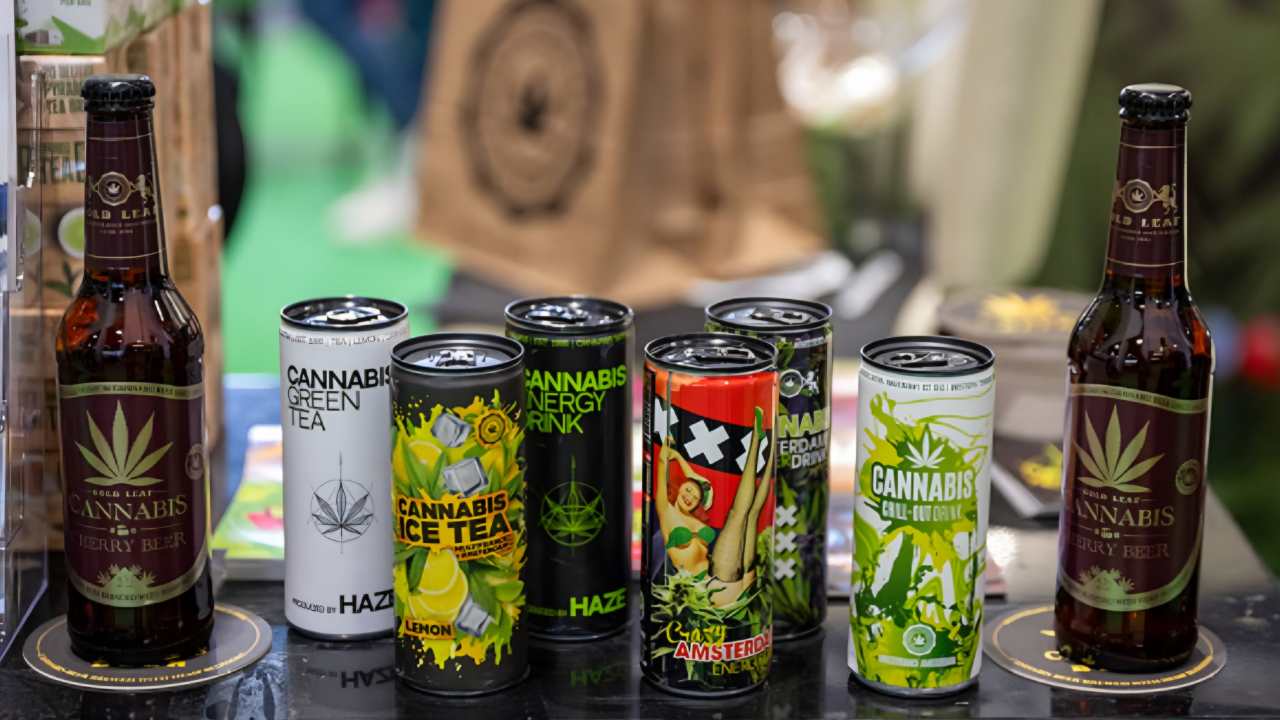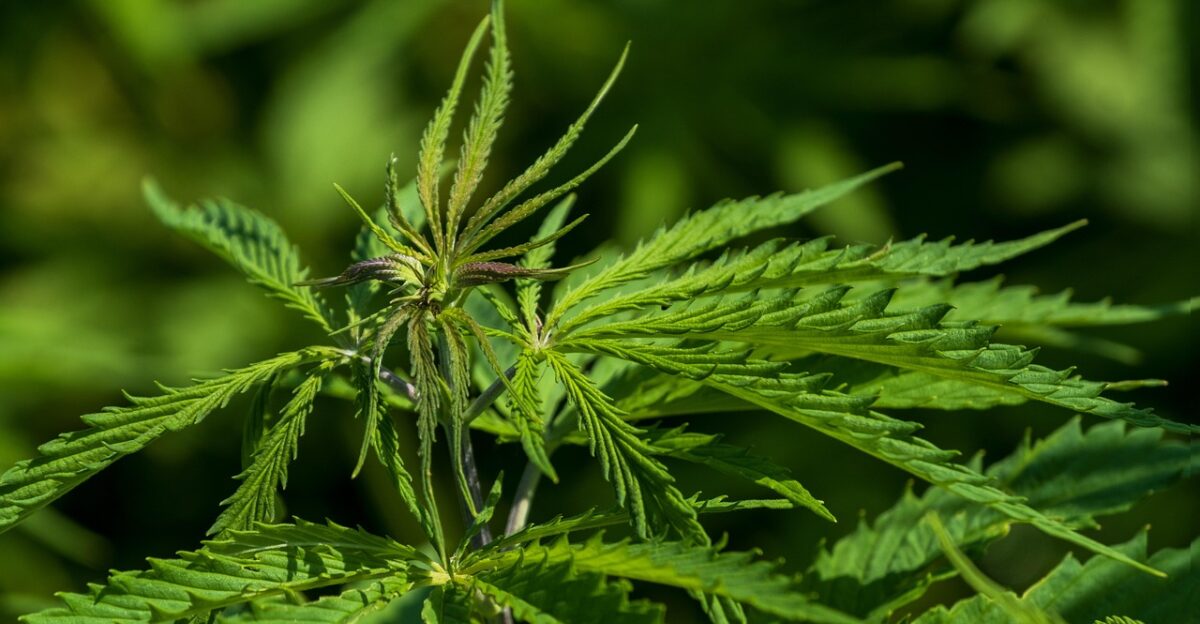
The American hemp industry, once celebrated as a rural economic engine, now faces its greatest crisis since federal legalization. Sweeping new regulations threaten to erase most of the market, leaving farmers, retailers, and small businesses scrambling to adapt as the ground shifts beneath them.
A Sudden Regulatory Earthquake

In November 2025, a little-noticed provision buried in a sprawling government funding bill sent shockwaves through the hemp sector. The law, signed to end a record-setting 43-day government shutdown, imposed a strict new limit: hemp-derived consumer products may contain no more than 0.4 milligrams of total THC per container. This threshold is so low that it effectively bans the vast majority of popular hemp products overnight, including many CBD gummies and oils that previously complied with federal law.
Industry analysts warn the impact will be severe. According to Whitney Economics, up to 95% of the retail hemp market could disappear within a year. The abruptness of the change has left businesses and farmers blindsided, with little time to prepare or respond.
From Legalization to Reversal

The new restrictions mark a dramatic reversal from the optimism that followed the 2018 Farm Bill. That legislation, championed by Senator Mitch McConnell, legalized hemp nationwide and set a THC limit of 0.3% by dry weight—opening the door to a booming market for non-intoxicating cannabinoids like CBD. Farmers in states such as Kentucky, Texas, and Utah embraced hemp as a lifeline for struggling agricultural economies.
Now, the same lawmakers who once promoted hemp as a rural savior are overseeing its contraction. Senator McConnell’s apparent change of stance, coming just before his retirement, has drawn particular attention. The reversal has left many in the industry feeling betrayed, as the rules that enabled their businesses are suddenly being rewritten.
Industry in Disarray
The new law’s definition of hemp now includes all psychoactive cannabinoids—such as delta-8, delta-10, and THCA—under the total THC cap. Legal experts estimate that more than 90% of current hemp-derived products exceed the new limit. For example, a typical hemp gummy contains between 2.5 and 10 milligrams of THC, far above what is now permitted.
The fallout is especially acute in Kentucky, where 87% of hemp crops are grown for cannabinoid extraction rather than traditional uses like fiber or seed. Farmers warn of “immediate and catastrophic consequences,” with livelihoods at risk and contracts in jeopardy. Small businesses, from processors to retailers, face the prospect of destroying millions of dollars in inventory that has suddenly become illegal.
Retailers across the country are similarly affected. In Virginia, shop owners report that their entire stock of hemp products is now contraband. In Texas and Utah, business owners are weighing whether to liquidate inventory or close their doors altogether.
Ripple Effects and Industry Response

The crackdown on hemp-derived products is also reshaping the broader cannabis landscape. Some established cannabis companies see the ban as a chance to reclaim market share lost to unregulated hemp competitors. However, industry leaders caution that the ban may simply drive hemp products into the illicit market, undermining safety standards and reducing state tax revenues.
The federal government’s move reflects growing anxiety over the proliferation of intoxicating hemp products sold outside state-regulated marijuana systems. While hemp was once touted as a tool to reduce organized crime and boost rural economies, the new restrictions signal a shift toward tighter federal control.
Legal and Political Uncertainty

The legal battle over the new rules is just beginning. Industry groups and legal analysts predict a wave of lawsuits challenging the constitutionality of the THC cap and its impact on established businesses. These cases could take years to resolve, prolonging uncertainty for thousands of workers and business owners.
Meanwhile, advocacy organizations are mobilizing to push for legislative changes. The U.S. Hemp Roundtable and other groups are calling for greater transparency and stakeholder input in future policymaking. Some lawmakers are exploring exemptions for states with robust hemp regulations, arguing that a one-size-fits-all approach ignores regional differences and established legal frameworks.
Looking Ahead
As the dust settles, the future of the American hemp industry remains uncertain. Farmers, manufacturers, and retailers are searching for ways to adapt—whether by pivoting to non-intoxicating hemp applications like textiles and food, or by joining advocacy efforts to reform the law. The resilience of the industry will be tested as it navigates this new regulatory landscape.
The stakes are high: the outcome will determine not only the fate of thousands of businesses and jobs, but also the direction of federal cannabis policy for years to come. As stakeholders regroup and strategize, the hemp industry’s next chapter will be shaped by its ability to innovate, organize, and make its case to lawmakers and the public.